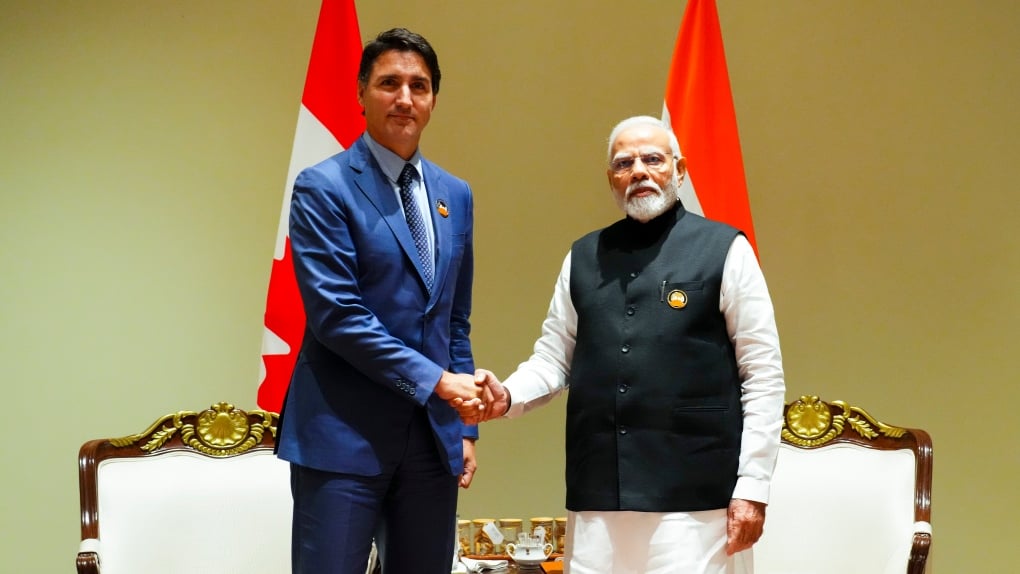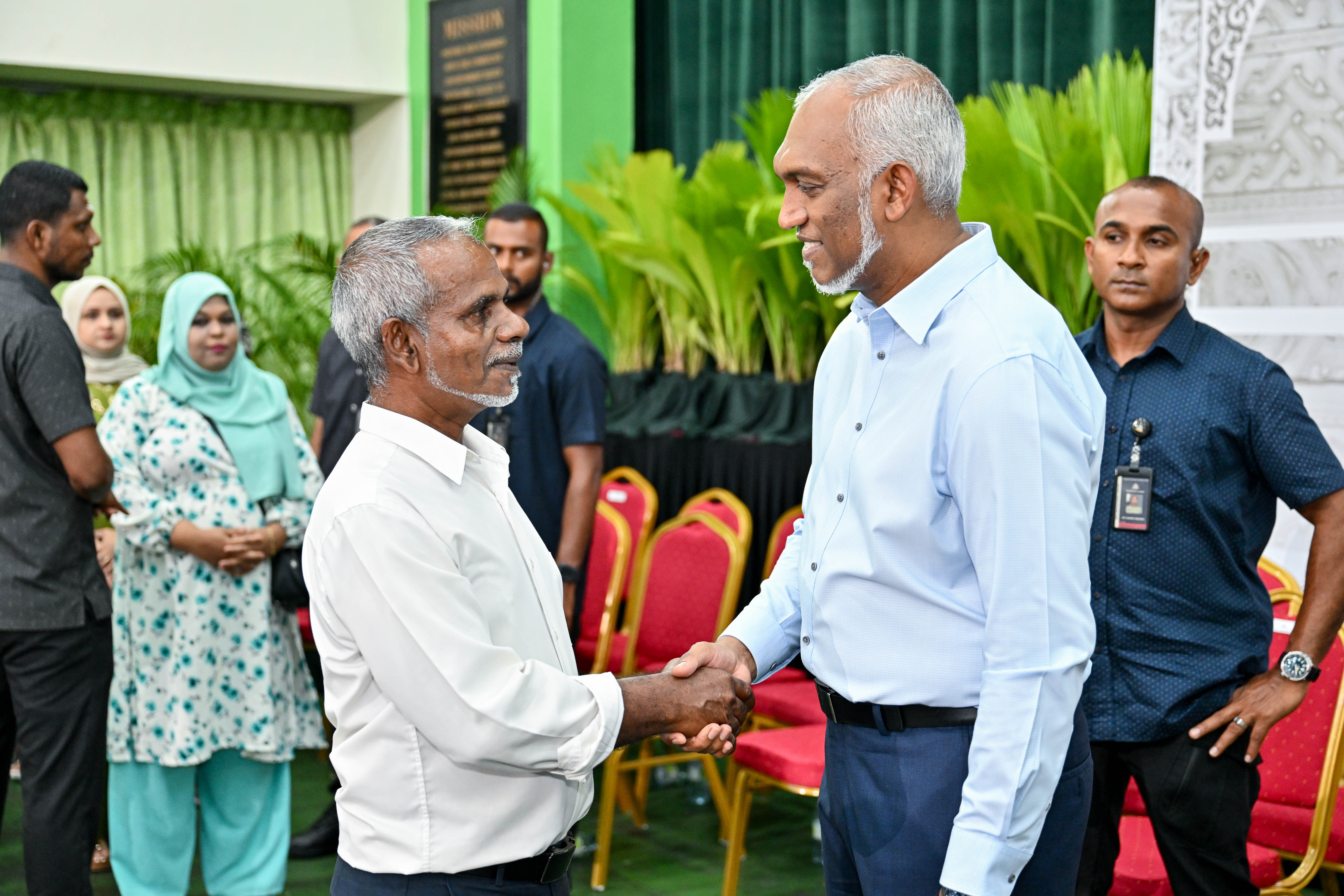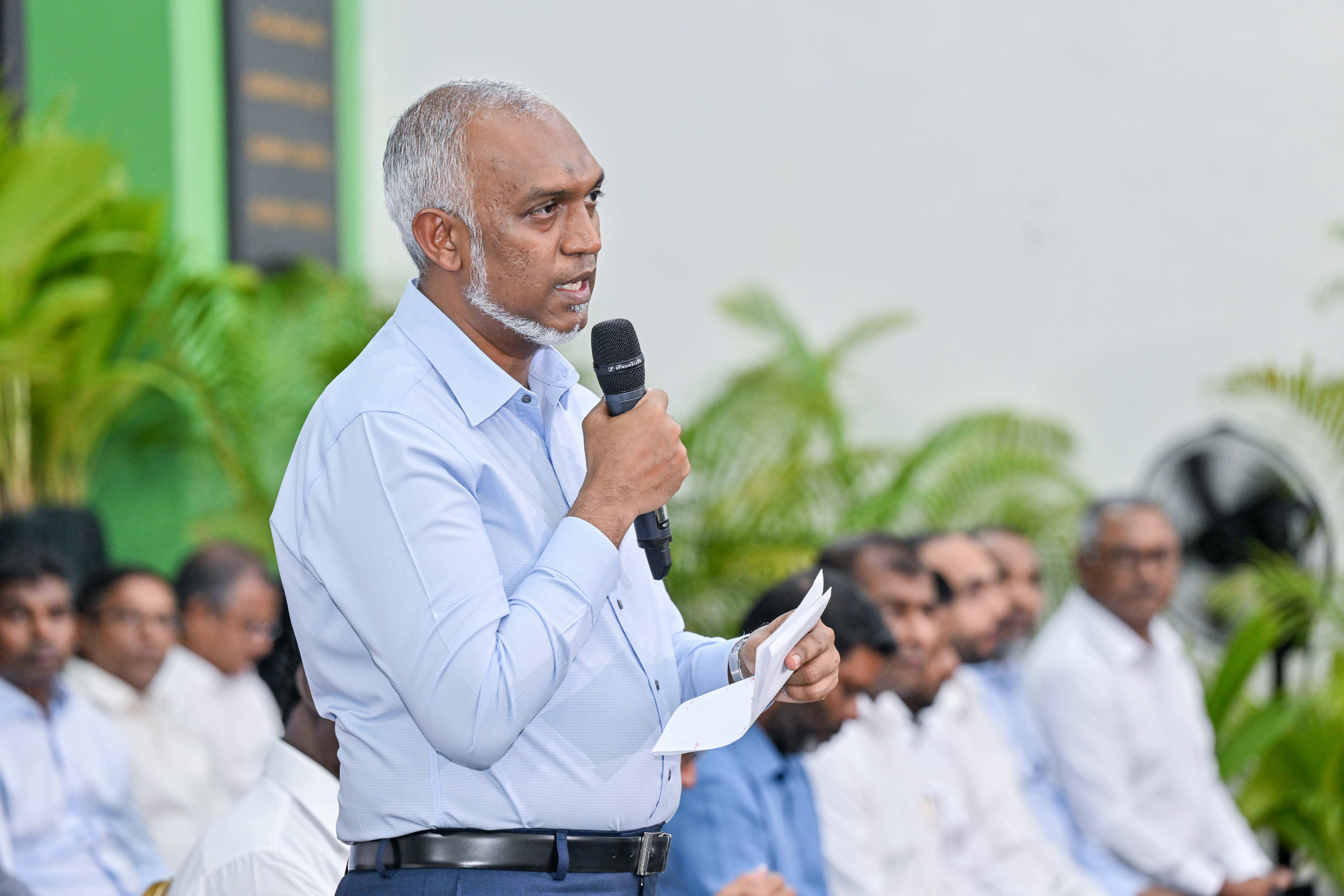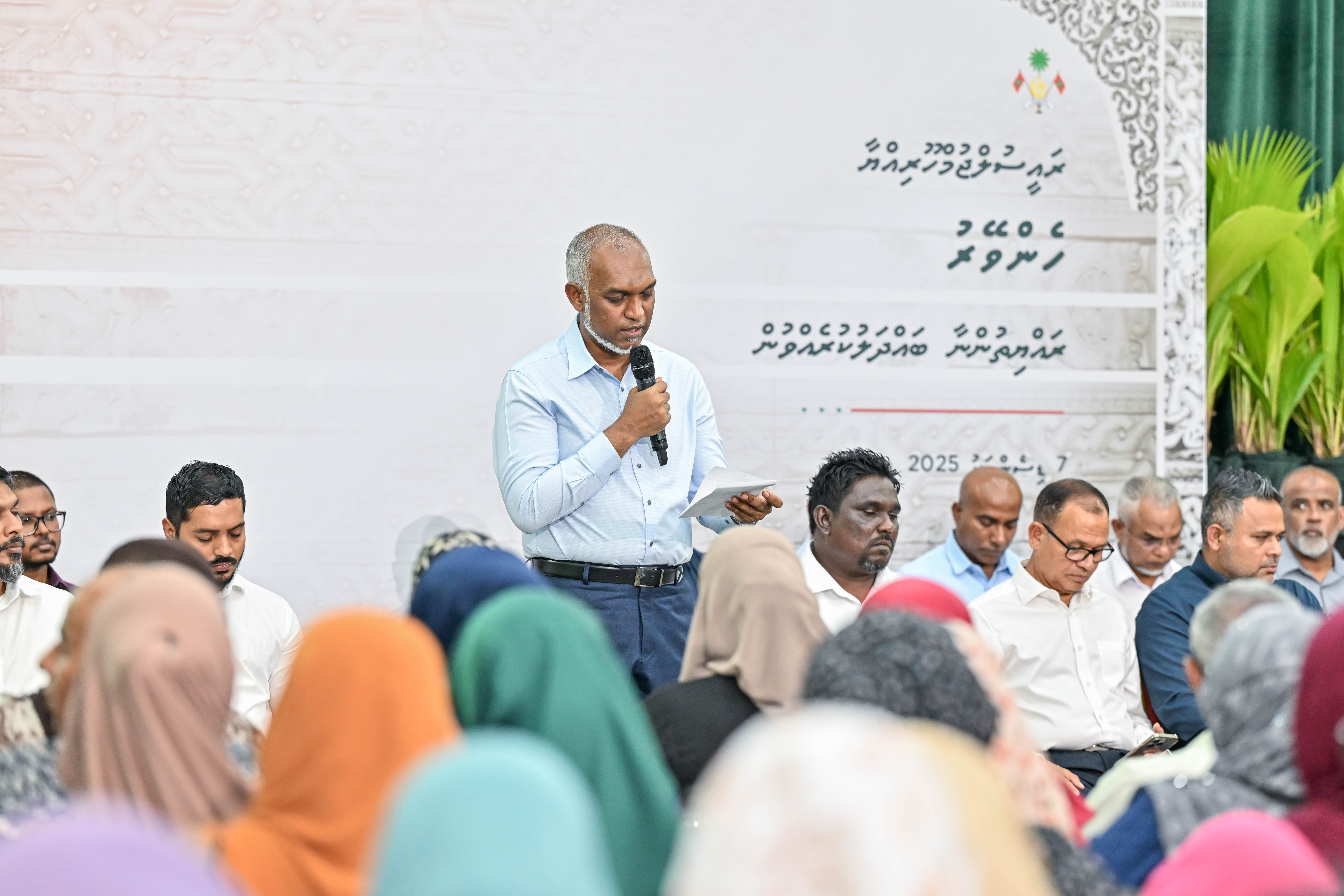Following Ottawa's allegations that New Delhi may have been responsible for the murder of a Sikh separatist activist on its land, India has blocked visa services for Canadians as of Thursday.
Tensions erupted this week after Canadian Prime Minister Justin Trudeau told Parliament that Canadian intelligence agencies were looking into "credible allegations" of a possible connection between "agents of the government of India" and the murder of Hardeep Singh Nijjar, a Sikh Canadian citizen who was shot dead by masked men in June outside a Sikh temple in British Columbia.
In 2020, India labeled Nijjar as a terrorist, and the prime minister of Canada, Justin Trudeau, stated that Canada's intelligence agencies were investigating whether "agents of the government of India" were involved in Nijjar's murder.
India reacted strongly, claiming that Canada was attempting to "shift the focus from Khalistani terrorists and extremists" who had been provided asylum there. The accusation was dismissed as "absurd" by the Indian Ministry of External Affairs, and as a result, both India and Canada have subsequently reciprocally removed their top ambassadors.
The suspension of visa services for Canadian citizens was first announced in a message on the website of BLS International, an outsourcing service provider for the Indian government and diplomatic missions worldwide. It said it was “due to operational reasons” and with effect from Sept. 21.
Arindam Bagchi, spokesperson for the Ministry of External Affairs, blamed the move on “security threats” faced by India’s high commissioner in Ottawa.
The move comes a day after India issued an advisory urging its citizens traveling to or living in Canada to “exercise utmost caution” in view of the “growing anti-India activities and politically condoned hate crimes and criminal violence in Canada.”
Tensions erupted this week after Canadian Prime Minister Justin Trudeau told Parliament that Canadian intelligence agencies were looking into "credible allegations" of a possible connection between "agents of the government of India" and the murder of Hardeep Singh Nijjar, a Sikh Canadian citizen who was shot dead by masked men in June outside a Sikh temple in British Columbia.
In 2020, India labeled Nijjar as a terrorist, and the prime minister of Canada, Justin Trudeau, stated that Canada's intelligence agencies were investigating whether "agents of the government of India" were involved in Nijjar's murder.
India reacted strongly, claiming that Canada was attempting to "shift the focus from Khalistani terrorists and extremists" who had been provided asylum there. The accusation was dismissed as "absurd" by the Indian Ministry of External Affairs, and as a result, both India and Canada have subsequently reciprocally removed their top ambassadors.
The suspension of visa services for Canadian citizens was first announced in a message on the website of BLS International, an outsourcing service provider for the Indian government and diplomatic missions worldwide. It said it was “due to operational reasons” and with effect from Sept. 21.
Arindam Bagchi, spokesperson for the Ministry of External Affairs, blamed the move on “security threats” faced by India’s high commissioner in Ottawa.
The move comes a day after India issued an advisory urging its citizens traveling to or living in Canada to “exercise utmost caution” in view of the “growing anti-India activities and politically condoned hate crimes and criminal violence in Canada.”


















